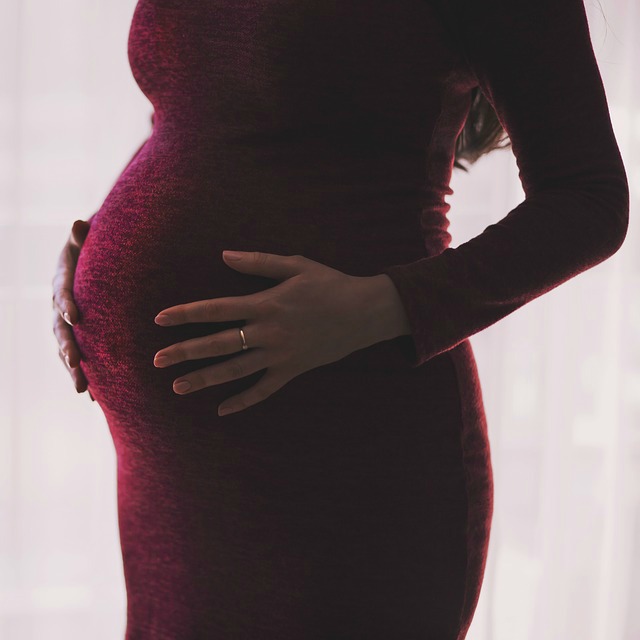Drug May Restore Fertility in Women

It has long been believed that women were born with a limited amount of eggs, and once these eggs were depleted, so were their chances of conceiving. A new study challenges this notion. Researcher Evelyn Telfer, from the University of Edinburg, headed up a team that conducted a study of women with and without cancer, and their use of ABVD, a drug patients take during chemotherapy treatment. The team’s main objective was to study the effects ABVD has on the women’s biological anatomy. The team took ovarian tissue biopsies of 11 healthy and 11 lymphatic cancer-stricken patients. Three of the patients were given a strong drug combination that is known to cause infertility, while the other eight patients were given ABVD. The [ovary] tissue appeared to have formed new eggs. The women who were treated with ABVD had an increase of up to four times more viable eggs in their ovaries than the healthy women. The women who were given the stronger drug, had fewer eggs.
Not only was the egg number increased, the eggs of the patients treated with the chemo drug looked “younger.” More like the kind of eggs one would see in young girls, before the onset of puberty.
So, What Does Telfer’s Study Suggest?
The study suggests that the chemo drug ABVD could be encouraging the formation of newly developed eggs in the ovaries, according to Telfer. The amount of uncertainty still leaves researchers with unanswered questions, and more possible theories. One theory researchers believe is that the eggs were in the ovary the entire time, but ABVD could be responsible for bringing the eggs to the surface. While another theory might suggest that ABVD caused the eggs to split in half, and double in number.
If ABDV is confirmed to generate new and viable eggs, the discovery could open the door for conception for young, infertile women, and older post-menopausal women who want to conceive. Until now, researchers have accepted the idea that women were born with a finite number of eggs, but this new information could provide a ray of hope for those thinking that they are unable to conceive. ABVD and its connection with infertility could make scientists question other theories of human biology, as well.